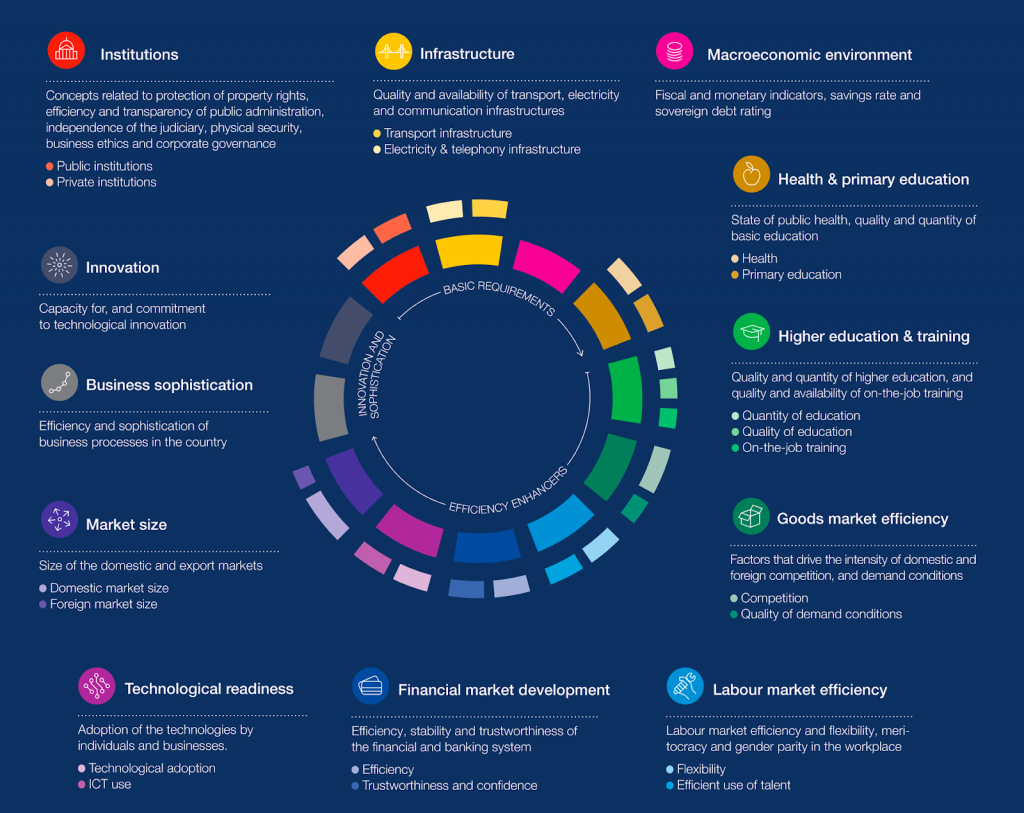Throughout this pandemic, schools and universities have battled to stay open, to keep face-to-face teaching to the maximum in order to keep up standards of education. Nina Egbutah looks closer at the impact of universities throughout this year.
Is this less of a public health problem and more an economic one?
With the UK tragically passing 100,000 COVID(related) deaths and schools having returned on 8th March, the Prime Minister is now consistently facing derision with every decision undertaken concerning the pandemic. Many points stem from schools and universities being open. But are they in actuality a linear link to the rising COVID rates?
Many students are on campus to continue this academic term, despite there being a worldwide health crisis. Notwithstanding universities implementing methods to try and contract the dispersion of the coronavirus once campus opens. The establishment remaining open in the beginning sparks the ultimate question if they catalyse the spread.
The central reason for this hypothesis to be taken into consideration is due to the living circumstances of the students. Students would be living together near each other, socialising, increasing the probability of the virus.
The most recent Global Competitiveness Report by the WEF (World Economic Forum) ranks the UK as the 8th most competitive country. In such a dynamic world, developing a competitive influence at an international level is vital for any country. A competitive country is essentially a productive one. Productivity is the key factor for increasing growth and income levels. With income levels having a direct correlation to human welfare.
With competitiveness being broken down into 12 sectors, it can be categorised again into sub-sectors. Higher Education is allocated as one of the 12 factors contributing to competitiveness.

Knowledge is a propulsive agent regarding the process of providing sustainable development; greatly impacting the prosperity of countries. Countries with a larger proportion of their population graduating tend to see rapid economic growth rather than countries who have the opposite. Therefore, an economy becomes advantageous as the number of educated workers increases, since stereotypically educated workers can become malleable due to efficient critical thinking. The unprecedented economic recession, induced by COVID-19 proceeds to bear inauspicious economic and social ramifications. So it becomes understandable if Boris Johnson is elusively presaging a short term risk but for a long term reward by keeping universities open, subsequently allowing the UK to remain competitive and educated. This causes a higher probability of resilience in future years to come; despite COVID having destructive effects at the moment.
Be that as it may, people are dying. This is a grave public health issue. The main reasons for universities being criticised for being open are first due to the lack of quarantining. If students are arriving at university from high transmission areas or even low, they ideally should quarantine to solidify that they aren’t posing a risk to other students. The next limitation is the breaking of social bubbles. University is a social atmosphere, most people apply with their social life in mind, not solely for education. Therefore it’s no surprise that the majority of students have a proclivity to intermingle, especially living in such close proximity to each other. Poor health is quantifiable as it has an impact on economic growth, therefore, investing in health will have an unmediated impact on growth. Put bluntly, a healthy society is estimated to be more economically active, whilst also allowing the government to spend less on healthcare and health-related benefits. Keeping universities open is allowing the current rates to spike and the future labour force to be weak, applying pressure on the NHS and causing anarchy. All of this is eroding social cohesion.

Universities contribute heavily to the UK’s GDP. In 2017 Universities added £95bn (Times Higher Education) to the UK economy. Universities not only are conducive economically but their aid in lucrative research benefits the economy and the number of people they hire contributes to alleviating unemployment.
Universities have enforced changes to their campuses, shutting down most shops and features that would’ve been present pre-covid. Online studying has also been maximised, curtailing the spread as much as humanly possible. Once again the UK is challenged with a critical trade-off: to protect the current labour force and population, as there is evidently an attachment with covid and universities or to continue letting them continue as they are, with the hope that the way students act will become a form of impermanence. But are the long term benefits for future generations greater than the deleterious consequences? This remains to be seen.